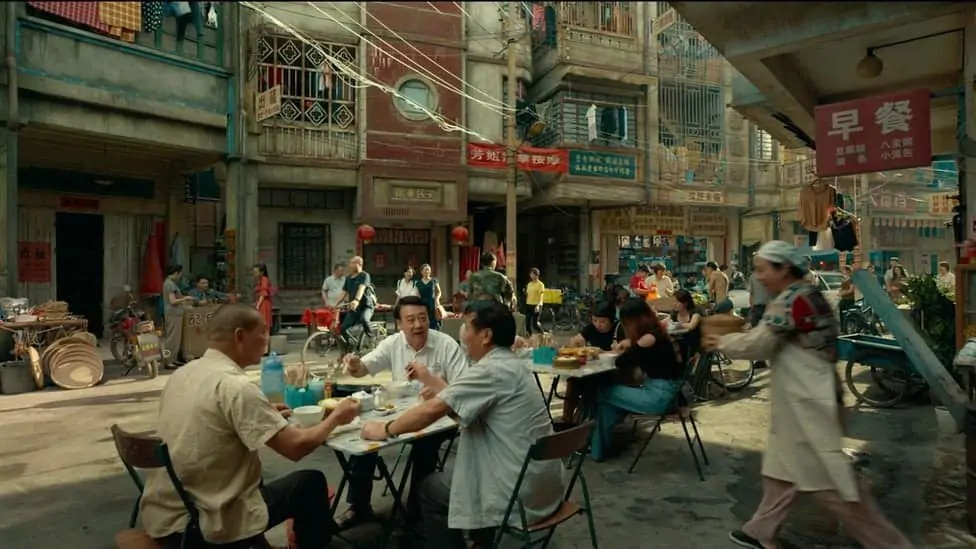AI's ability to alter and enhance images has become excellent. In the case of deepfake, occasionally alarming. Now we have a new adjective to add: “incredibly hateful”. Here is the company that wants to bring product placement to practically anything, even "overwriting" films from the past.
The BBC has interviewed mirriad, an English company. Mirriad has created technology that allows it to seamlessly insert background advertising into content that initially did not anticipate or host it. This allows for new types of positioning of digital products. An example? Changing the labels on the bottles of a liquor to make the product placement of an updated brand. Insert new advertising in Titanic, or make Charlie Chaplin the testimonial of a well-known carbonated drink.
Product placement that "overwrites" the story
In the BBC interview the focus is on the idea of adding advertising to classic films. I hope this is the least traveled use of this technology. In old films, even products and advertisements are functional. I mean: updating the posters in Times Square with more current ads may be fine for a recent film, but what's the point of putting new products in great classic films? Mirriad has provided some evidence of the technology, and it's sobering. Here is an example of product placement "revisited by AI".
According to the CEO of Mirriad Stephan Beringer this technology is already used in China and has been tested in the USA by the creators of the "Modern Family" series. The presentation video, which I put below, shows the products included in the videos before broadcast, but not the modification of classic content that has already been released.
Product placement: a carpet bombing
In the 70s, the average person was exposed to a range of 500 to 1.600 ads per day, depending on their profession and entertainment habits. I gloss over the "cheap" adverts in Italian films, including Punt e Mes ashtrays and Cinzano posters. Today, it is estimated that we are exposed to a quantity between 6.000 and 10.000 ads per day. The amount of advertising to which we are exposed on a daily basis has been increasing for years, including that deriving from product placement, which is increasingly pervasive.
Mirriad's technology is being used today by music artists to add logos and product placements to their videos in hopes of generating additional revenue streams with sponsorships. In the future, Mirriad hopes to add new advertising to sports and concert broadcasters by placing ads in broadcast content.
Mirriad's technology is a really interesting example of applied AI. If used judiciously, it might be ok. As always, the problem boils down to the word “judgment” and humanity's general inability to ascertain its meaning.
For a handful of Coche
Take the “before” and “after” images Mirriad provided to the BBC. The producers of this content have no problem with the transformation of the scene through this technology. A logo like this, in this specific case, does not change the meaning of the content (but it must be consistent with the story, I imagine). Nonetheless, this product placement still doesn't give me positive feelings.


What is the significance of that change? You tell me: if I had only seen the original scene, I would never have thought about the drink. Seeing the second frame, my eye locks on the drink. The familiarity of the logo in an otherwise unfamiliar scene grabs my attention.
If I had only seen the second scene, without context, I would be wondering if that specific message was part of the story. Perhaps the director would have liked to say something about American values "exported" to the world?
Any accessory reflection is useless. That ad wasn't there when the movie was made, and that's about it. The ability and ability to update these details in a scene at will, regardless of any artistic control exercised by the director, may represent an exciting new revenue stream in the future, but it's a risk.
I already foresee great films from the past being restructured at the expense of some company which, in exchange, will earn the right to be part of some scene with its brand, or with a "posthumous" product placement. Meritorious operation, even if of a private nature (and "private", I would say). Overall, though, the risk is that this technology comes at the expense of narrative control and clouds audiences' ability to trust their own understanding of authorial intent.


